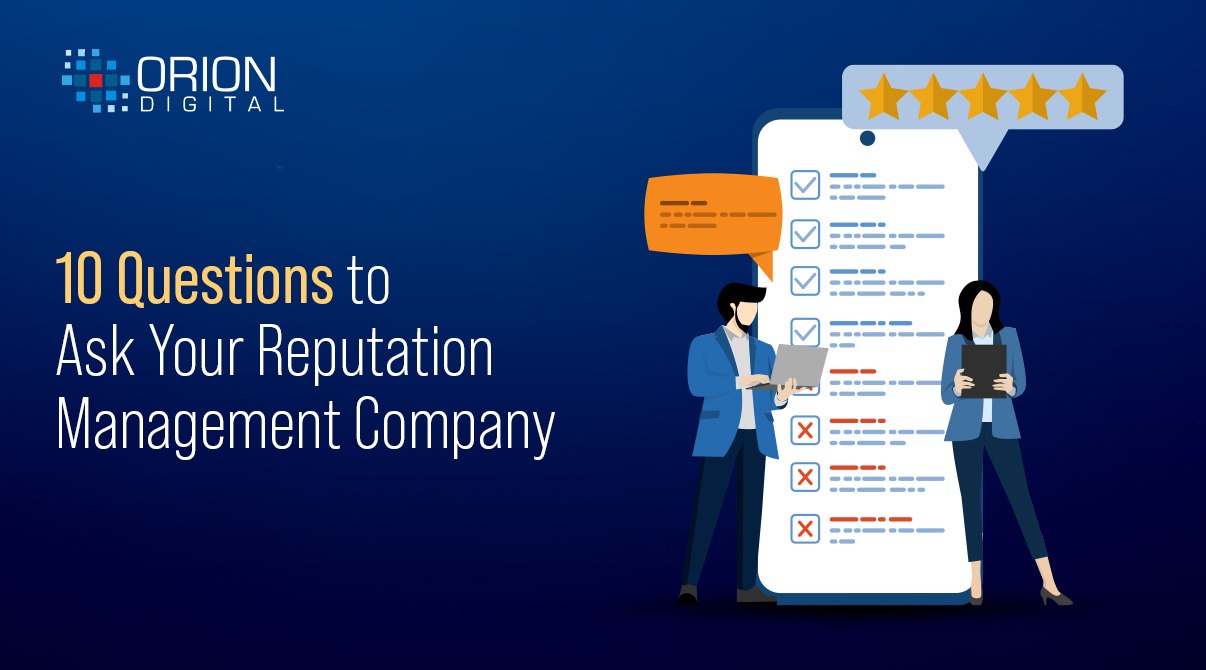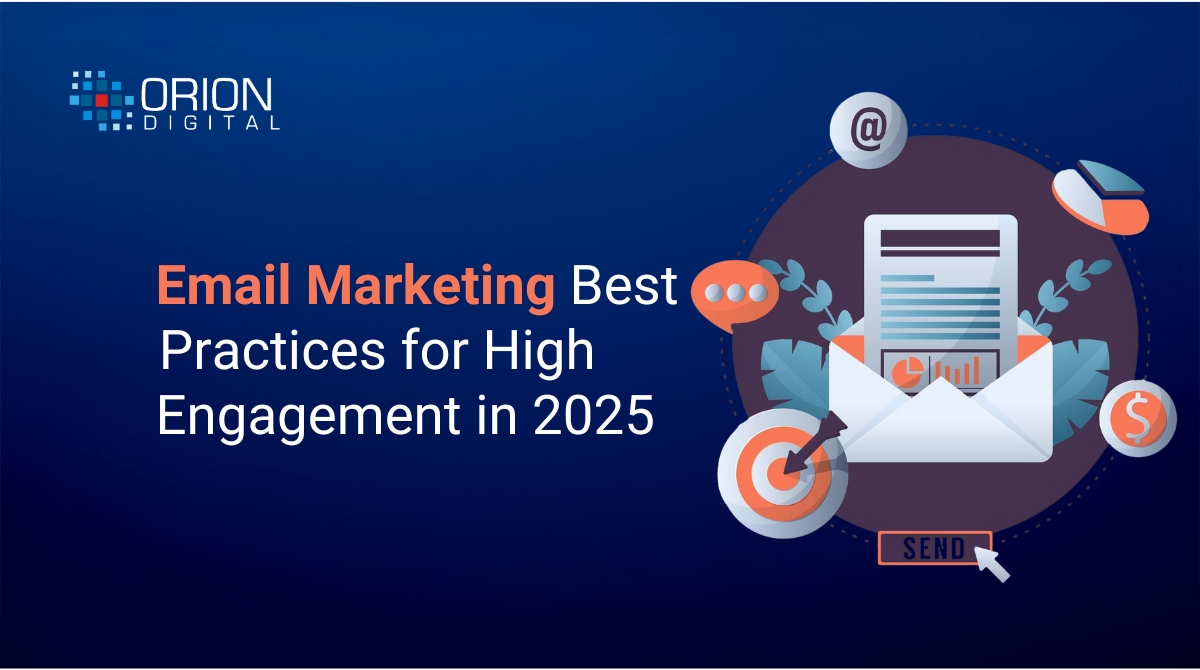
10 Questions to Ask Your Reputation Management Company
- Naveen N
- November 5, 2024
- Digital Marketing
- online reputation management
- 0 Comments
With the world coming online, having a strong digital presence is more than just a necessity, it is the ultimate competitive advantage these days. It has become important for companies to invest heavily in their brands, especially to manage negative reviews or viral social media mishaps that can potentially tarnish a carefully built reputation. The process of managing the reputation online is called Online Reputation Management or ORM and as much as companies need to comply with, professional support always plays a crucial role in assuring bridging the gaps and leaving no loose ends. That’s where reputation management companies come in. But not all services are equal, so before committing, ensure you’re partnering with the right agency.
Here are 10 critical questions to ask a reputation management company to help you make an informed decision.
1. What Strategies Do You Use for Reputation Management?
The first question to ask is about their reputation management strategies. Understanding their approach is essential because strategies generally vary widely, from content creation and SEO to review management and crisis response. You’ll want to partner with a company that blends a multi-faceted approach to ensure alignment with your goals. Look for transparency in their process and request examples of how they’ve helped other brands improve their online presence.
2. Can You Share Case Studies or Success Stories?
Ask for case studies or success stories to see how effective their reputation management methods are. A reputable company should have a portfolio of clients they’ve helped. Review these examples carefully to ensure the company has experience handling situations similar to yours. This can be particularly important if you’re in a niche industry that requires a specialized approach.
3. How Will You Tailor Your Approach to Our Brand?
Markets are saturated with number of businesses operating in the industry. However, it is important to know that no two brands are the same, and a one-size-fits-all approach to reputation management isn’t ideal. Ask how they’ll customize their services to address your unique needs. For example, if you’re focused on customer reviews or social media reputation, ensure they’re ready to prioritize these areas. Customization shows that the company will adapt its strategies to align with your brand’s image and goals.
4. What Tools and Technology Do You Use?
Reputation management tools are essential for monitoring, analyzing, and improving online presence. Ask the company about the software and technology they use for social listening, SEO tracking, and review management. The right tools can make a significant difference in efficiency and outcomes. Some companies also offer custom dashboards, so you can track your reputation metrics in real-time.
5. What Is Your Experience with Crisis Management?
An essential part of online reputation management is knowing how to handle a crisis. Ask about their crisis management experience and specific tactics they use to minimize damage in negative situations. A seasoned reputation management company should be well-versed in damage control, have a plan for quick responses, and understand how to guide the brand’s messaging during challenging times.
6. How Will You Help Us Manage Our Online Reviews?
Online reviews are often the deciding factor of any brand’s reputation. Ask how they’ll approach review management, including generating positive reviews and addressing negative feedback. The right company should have a strategy for encouraging happy customers to leave reviews, while diplomatically responding to negative ones to show potential customers that you value feedback and are committed to improvement.
7. What Metrics and Tools Do You Use to Measure Success?
To ensure the reputation management strategy is effective, the company should track and measure progress. Ask about the key performance indicators (KPIs) they use to evaluate success, such as online sentiment, review scores, and search engine ranking improvements. Knowing what they’re measuring and how often they report progress will help you stay informed and see tangible results from their efforts.
8. How Will You Keep Us Updated on Progress?
Effective communication is crucial when working with a reputation management firm. Ask how frequently you’ll receive progress reports and what kind of information they’ll include. Ideally, they should provide regular updates, and monthly reports, and be open to meetings to discuss any new developments or adjustments to strategy. Consistent updates will help you stay proactive about your brand’s reputation.
9. What Are the Costs Involved?
Discussing the cost of reputation management services early on is essential to avoid unexpected expenses. Find out if they offer custom packages, whether fees are charged monthly or per project, and if there are additional costs for crisis management or other specialized services. Make sure the pricing aligns with your budget, but also remember that you’re investing in the long-term health of your brand’s reputation.
10. How Long Does It Take to See Results?
Reputation management isn’t an overnight fix, it takes time to build or repair a brand’s image. Ask the company for an estimated timeline for seeing results. While every situation is unique, reputable agencies should provide a realistic timeframe based on the strategies they plan to implement. Patience is key, but they should set achievable goals and communicate progress regularly.
In Conclusion
Choosing the right ORM Agency in Delhi is a significant decision that can impact your brand’s online reputation and public perception. By asking these critical questions, you’ll better understand their capabilities, processes, and how they’ll support your brand in the long run. It is important to understand that effective reputation management goes beyond quick fixes, it’s about building a lasting, positive image that resonates with your target audience.
Partnering with a reputable agency that aligns with your brand’s values and understands your industry can make all the difference. Take your time, ask the right questions, and prioritize a firm that will protect and establish your brand’s positive image for years to come.






